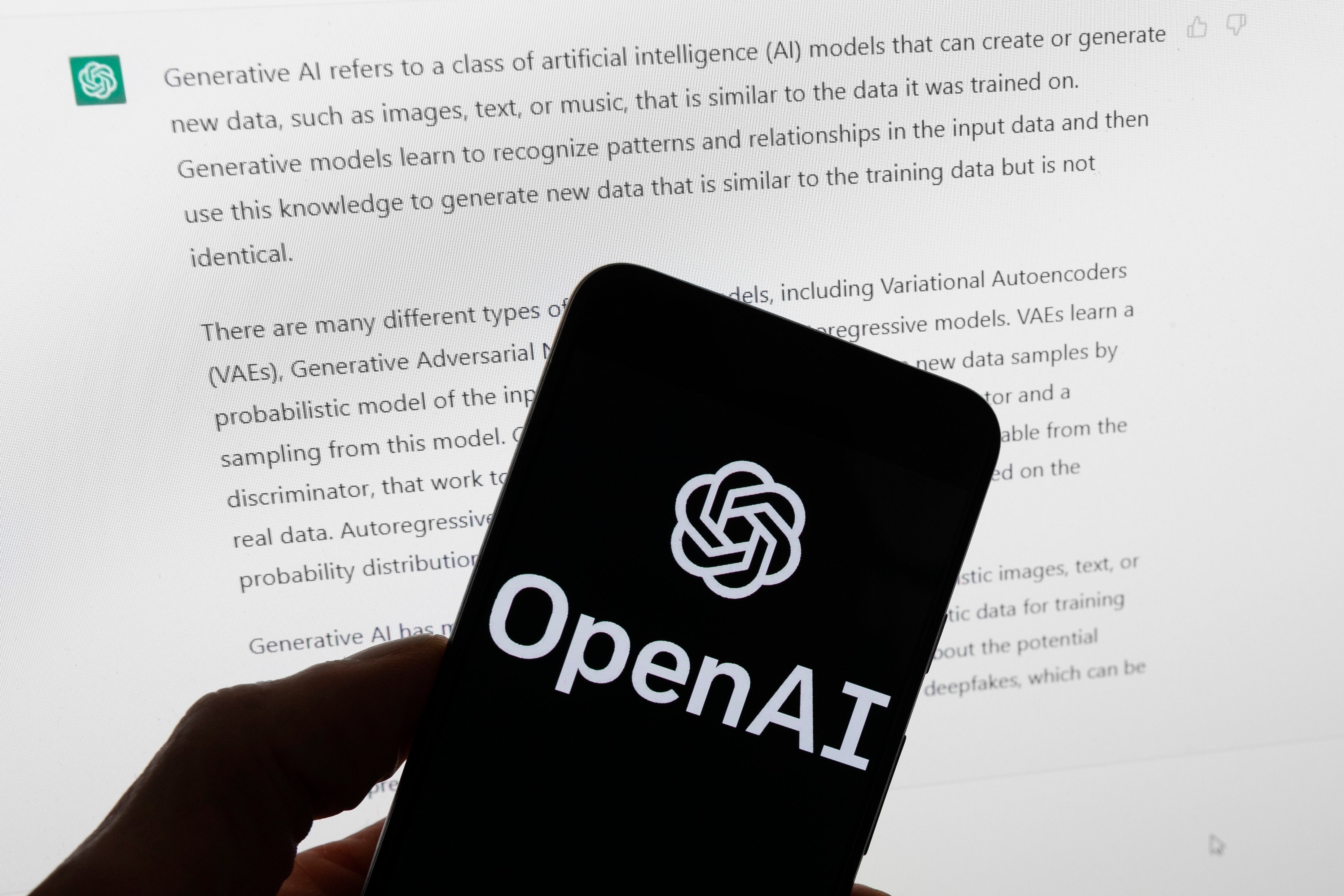Newspapers sue ChatGPT over unauthorised use of its journalism
News industry lawsuits are piling up for OpenAI, the company behind artificial intelligence-fueled chatbot ChatGPT

Digital news outlets The Intercept, Raw Story and AlterNet are joining the fight against unauthorised use of their journalism in artificial intelligence.
The companies filed a copyright-infringement lawsuit on Wednesday against ChatGPT owner OpenAI.
The organisations say thousands of their stories were used by OpenAI to train chatbots to answer questions posed to it by users, in effect piggybacking on their journalism without permission, payment or credit.
San Francisco-based OpenAI did not immediately respond to a request for comment.
The already beleaguered news industry sees the practice as a financial threat. Some news outlets, including The Associated Press, have struck licensing deals for use of their material. After similar negotiations broke down, The New York Times filed its own lawsuit in December to halt the practice or receive compensation.
The three outlets suing OpenAI did not offer specific examples of stories they allege were stolen. But they said recreations of what ChatGPT used to train its bots turned up examples of material from the three news outlets.
“When providing responses, ChatGPT gives the impression that it is an all-knowing ‘intelligent’ source of the information being provided, when in reality, the responses are frequently based on copyrighted works of journalism that ChatGPT simply mimics,” the lawsuit says.
While the Times, as a print publication, is able to pay for a federal copyright registration for all of its material in bulk, digital publications have no such ability. But lawyers for the three outlets suing Wednesday in US District Court in Southern District of New York contend that their journalism is copyright-protected even without paying the fee.
Besides the Times, authors, including Sarah Silverman, have similarly sued the company for copyright infringement.
The Intercept lists Microsoft as a defendant because the tech giant has invested billions of dollars in OpenAI's artificial-intelligence efforts. Raw Story and AlterNet did not sue Microsoft because they have a news partnership with the company, a spokesman said.
The lawsuit asks for at least $2,500 in damages for each time one of their stories has been used by ChatGPT.
“As newsrooms throughout the country are decimated by financial imperatives to cut back, OpenAI reaps the benefits of our content,” said Annie Chabel, chief executive officer of The Intercept. “We hope this lawsuit will send a strong message to AI developers who chose to ignore our copyrights and free ride on the hard work of our journalists.”